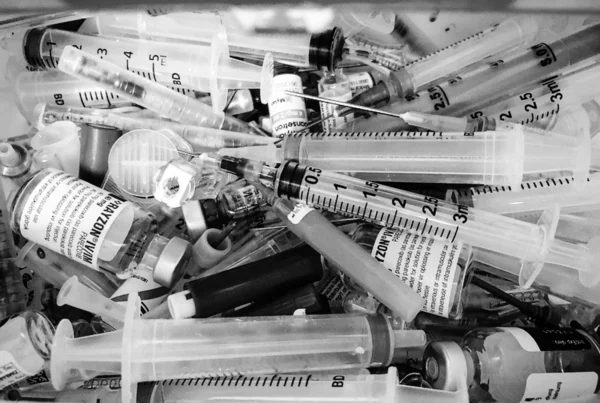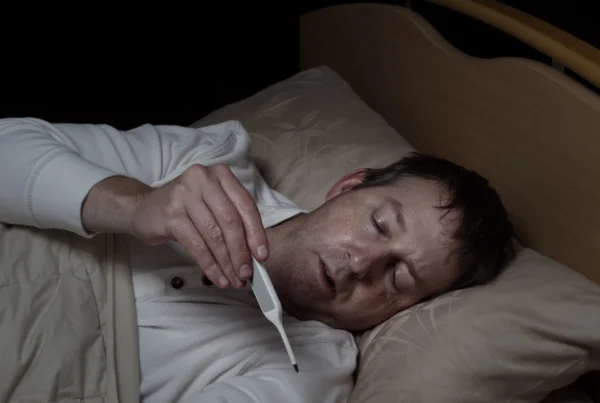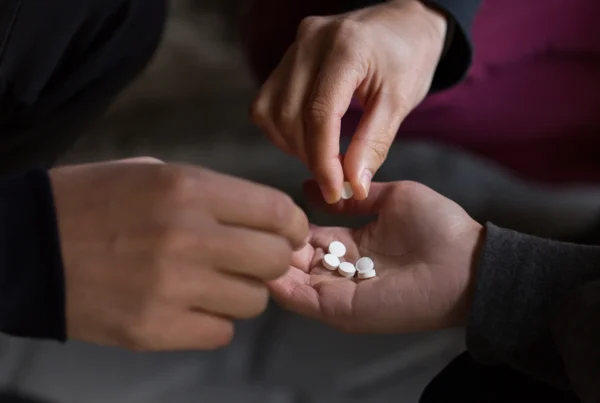
Table of Contents
There are a lot of drugs in the world, and they come with countless side effects, some of which are more serious than others. Some can be relatively minor, while some can be incredibly dangerous and potentially fatal. Excess or uncontrollable weight loss is one of the most dangerous side effects or symptoms. This can be a side effect of illegal or illicit drugs and some prescribed medication.
Even when taken according to the doctor’s or medical professional’s orders and according to the directions of the drug manufacturer, there is still the possibility that you may end up losing a dangerous amount of weight or losing a large amount of weight very quickly. Both situations can be incredibly dangerous and hazardous to good health. Still, they can also create a powerful physical and psychological dependence that will keep the user from stopping the substance.
When they finally decide to quit or seek help for a problem with dependence or addiction, the effects of the drugs and the weight loss can mean a relatively difficult and uncomfortable detox or withdrawal stage. This difficulty can often force individuals in recovery to relapse and resume using their drug of choice.
Side Effects of Drugs That Make You Lose Weight
Of the many drugs that can cause weight loss, meth, and heroin are two of the most common and dangerous. They each affect the body in vastly different ways and cause weight loss in different ways, with potentially disastrous results.
Meth is a potentially deadly drug with a long list of possible side effects, which contribute directly or indirectly to the user losing substantial weight. The weight loss of meth users can be sudden, severe, and very dangerous to their health. In addition, it is a potent stimulant that acts on the central nervous system, allowing the user to feel its energizing effects for up to 12 hours or more in some situations.
The psychological and physical effects that meth has on the body tend to lead its users to lose weight. These symptoms can include an incredible rush of euphoria, an energy level that seems to be never-ending, laser-sharp focus, increased libido and boosted sex drive, and the desire to keep busy with various tasks or activities that lead the user to either neglect eating or take no interest in it.
Heroin is the opposite of meth but still has many of the same side effects. Users of heroin tend to sleep or be inactive for large periods, which can contribute to them not eating and largely wasting away. Another reason heroin users do not eat very often is the reduction in appetite and the use of all available funding for more heroin to avoid withdrawals. The withdrawal symptoms of heroin can keep users addicted due to their severity and duration. Heroin side effects can include the pinnacle first-high deep sense of euphoria that the user will always be trying to recreate or chase. It also blocks out much of the pain that the user may be experiencing by altering their brain chemistry. It also is adept at reducing anxiety. It causes the user to become tired, sleepy, inactive, and apathetic, and they can spend days without eating or showing much interest in food.
Abuse/Addiction Potential When Taking Drugs That Make You Lose Weight
Of all the drugs that make you lose weight, the most powerful aspect of their use will often be the dependence or addiction resulting from only a single use. The physical addiction and abuse potential may be the greatest since many drugs that make you lose weight will significantly alter brain chemistry and physical activity, including bodily systems. This means that your body will eventually come to rely on those drugs to function, and suddenly stopping them, no matter what drug it is, can lead to incredibly challenging withdrawal symptoms.
The same can be said for the psychological dependence that some people have. It becomes so ingrained in their behavior and way of thinking that they constantly think about using it even after the physical withdrawal symptoms fade away. This is another reason why so many users of drugs that make you lose weight end up relapsing because they simply have not gotten the help and counseling they need to identify and avoid the triggering situations that cause them to use.
Withdrawal Symptoms of Taking Drugs That Make You Lose Weight
Many people who quit taking drugs that make you lose weight experience a wide array of withdrawal symptoms, depending on the drug they were taking, the amount, the length of time they spent using and the frequency, as well as physical factors like sex, age, weight, and personal metabolism.
Often the primary withdrawal symptom will be an immediate weight gain, which must be controlled and kept in check to avoid other medical complications. Other withdrawal symptoms of drugs that make you lose weight include headaches, nausea, vomiting, severe cramping and abdominal pain, shaking, tremors, muscle spasms, coordination problems, agitation and mood swings, waves of anxiety and depression, fatigue, restlessness, general achiness, fever, uncontrollable constant sweating, hallucinations, elevated heart rate, elevated blood pressure, and risk of seizure.
How to Get Help if Addicted to Drugs That Make You Lose Weight
If you or someone close to you thinks they may have a problem and may be addicted to drugs that make you lose weight, the first step to recovery is telling someone and building a support structure for your upcoming detox. One of the best options is to work with a local treatment center where treatment professionals can help you detox in a safe environment, with health care professionals on hand. Then counselors can help the individual identify what triggers them to want to use, helping them to maintain recovery into the future.
Reach out to Ocean Recovery today to get started on your journey to an addiction-free life.
Sources:
Ocean Recovery has strict sourcing guidelines and relies on peer-reviewed studies, academic research institutions, and medical associations for our references. We avoid using tertiary references as our sources. You can learn more about how we source our references by reading our editorial policy.
- Demaret I, Lemaître A, Ansseau M. [Heroin]. Rev Med Liege. 2013;68(5-6):287-293.
- Yasaei R, Saadabadi A. Methamphetamine. StatPearls Publishing; 2022. Accessed July 31, 2022. https://www.ncbi.nlm.nih.gov/books/NBK535356/
OCEAN RECOVERY EDITORIAL GUIDELINES
The internet contains a vast amount of misinformation, but when it comes to your health only peer reviewed, research centered data matters. At Ocean Recovery, all content published throughout our website has been rigorously medically reviewed by a doctorate level clinician, and cross checked for medical accuracy. Our editorial process helps our readers trust that the information they are consuming is factual and based upon scientific data. Your health is our top priority, find out more about how we safeguard the integrity of information on our website. Read More About Our Process






